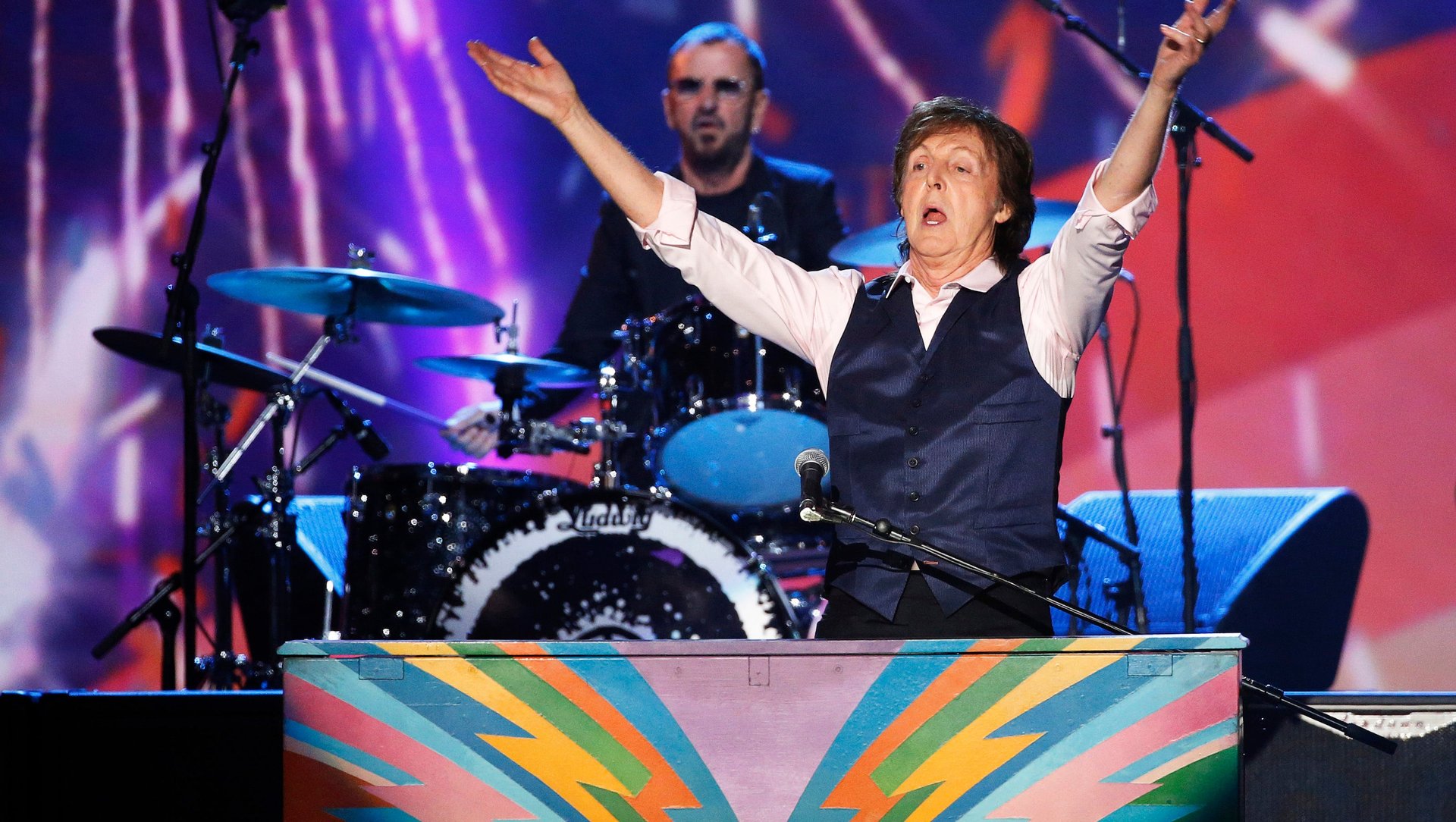2016 is shaping up to be a critical year for Pandora, if not all music streaming
By now, it’s hardly a question whether streaming is the future of the music industry. Streaming options have grown massively in the last few years, curious consumers are coming into the market left and right, and even the notoriously slow-to-adapt Beatles are hopping on the trend.


By now, it’s hardly a question whether streaming is the future of the music industry. Streaming options have grown massively in the last few years, curious consumers are coming into the market left and right, and even the notoriously slow-to-adapt Beatles are hopping on the trend.
But a new question has risen: What does the future look like within music streaming?
It’s a crowded field, with services like Spotify, Apple Music, Rhapsody, and Deezer jostling for subscribers and struggling to differentiate their offerings at the same time. And now, after a favorable copyright ruling that allows for steady revenue, Pandora—the longstanding radio music service that faced an uncertain future as recently as last year—is also ready to drive forward with its plan to take on more popular rivals.
Pandora traditionally offered radio-style music listening instead of on-demand streaming, and because the two services are regulated differently and have unique business models, they don’t share the same consumer market. But a month ago, Pandora snatched up on-demand service Rdio, indicating an ambition to step into Spotify’s territory.
That ambition is confirmed by two major deals Pandora struck yesterday (Dec. 22) with the American Society of Composers, Authors and Publishers (ASCAP) and Broadcast Music Inc (BMI), the US’s two largest music licensing companies. The agreements—which put an end to years of legal strife regarding Pandora’s payment rates to publishers and songwriters—mean Pandora can now move ahead with its own on-demand platform, as well as expand internationally.
Whereas internet radio services pay music-makers rates that are usually set by the government, on-demand services hash out their own rates in private deals; so Pandora’s renewal of good relations with licensing companies was crucial to its growth.
And it serves a purpose beyond just the company, as well. “As [radio services like Pandora] begin offering services to compete with the Spotifys, they have to negotiate with labels directly,” Ronald Gertz, chairman and founder of digital media services company Music Reports, tells Quartz. “It’s a marketplace negotiation, and direct license negotiations are good for everyone in a competitive market.”
Of course, Pandora’s not the only streaming service stepping up its game. Nielsen estimates Apple Music has 54 million monthly users; Google Play is plowing ahead with aggressive new deals; even Spotify, which dominates streaming at the moment, is constantly announcing new features, revealing a keen awareness of just how fickle the market can be. What remains to be seen, now, is whether there’s room for more than just one winner.